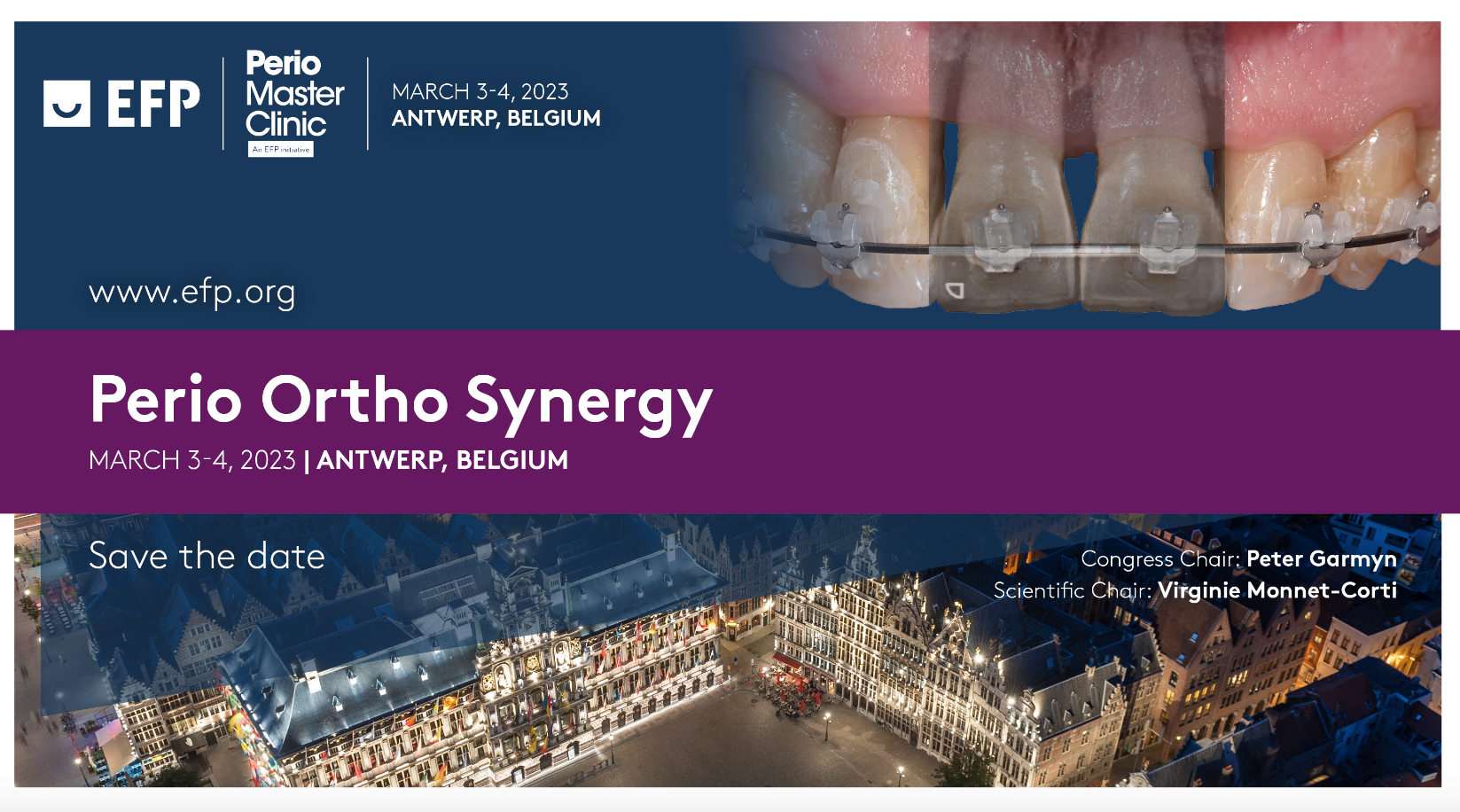Sitting at a dinner table on a nice summer night with a group of colleagues, the discussion inevitably steered to the grind of a dentist’s life, day in and day out. In one of my rare moments of introspection I said that “it takes all I have” to practice my craft, day in and day out. One of my colleagues, whom I trust and respect, picked up on it and fired more questions at me. Among other topics, we debated the difference between ethics and morality as it pertains to the practice of dentistry. Moreover it generated deeper thoughts that one usually entertains on a nice summer night near a glass of chilled chardonnay.
Once the effects of the wine faded and the discussion chilled out, I was left with troubling thoughts: is it me who cannot hack it these days? Has my job gotten more demanding with time or are my abilities rapidly dwindling? All three options were somewhat alarming.
After a restless night I came to the conclusion that it is perhaps my crescendo devotion to the practice of periodontics that saps all my strength as I give “all I have”, day in and day out.
In a hurry, I did review the standards (of practice). The law defines the standard of care as a reasonable degree of knowledge, skill or care exercised by dentists under similar circumstances. In essence it is to provide treatment that is in the patients’ best interest. It does not say anything about the effort that one has to put into it. In fact standards as iterated by many, does not list exhausting oneself as one of the requirements.
It was weeks before I came to the realization that it is the quest for continuous improvement and better service that is at the root of my troubles and it is what our profession is all about. To fulfill the standards, most of us have to make a substantial effort. Here are some energy-sapping value-added examples from recent years:
* Interpretation of the recent diagnostic techniques and additional time for developing treatment plans before we perform implant surgery. “Teeth in an hour” takes a lot more time than 60 minutes. Counting the last hour only is akin to considering the tiebreaker only after the fifth set in a Grand Slam tennis tournament (see editorial Oral Health, September, 2006)
* The need for almost instant communication with patients and colleagues (I no longer have a pager — call my cell if you need to talk to me, or better yet, send me an e-mail or a fax!).
* Taking more continuing education courses than ever before
* Constant improvement in the methods of acquiring, cataloguing and using clinical pictures for treatment planning purposes and communication
* Ever increasing expectations of our patients fuelled by general consumer trends and irresponsible promotion of treatment modalities by the dental profession.
So, if you feel exhausted after each day of work or question your stamina to provide dental care day in and day out, do not panic! Continue to give it “all you have” and feel good about fulfilling what was defined by our summer night chardonnay-mediated discussion, as our moral standard. And now, let’s raise a glass to that!
Peter Birek is Associate Professor with the Faculty of Dentistry, University of Toronto and maintains a Periodontic and Implant surgery practice in Toronto.










